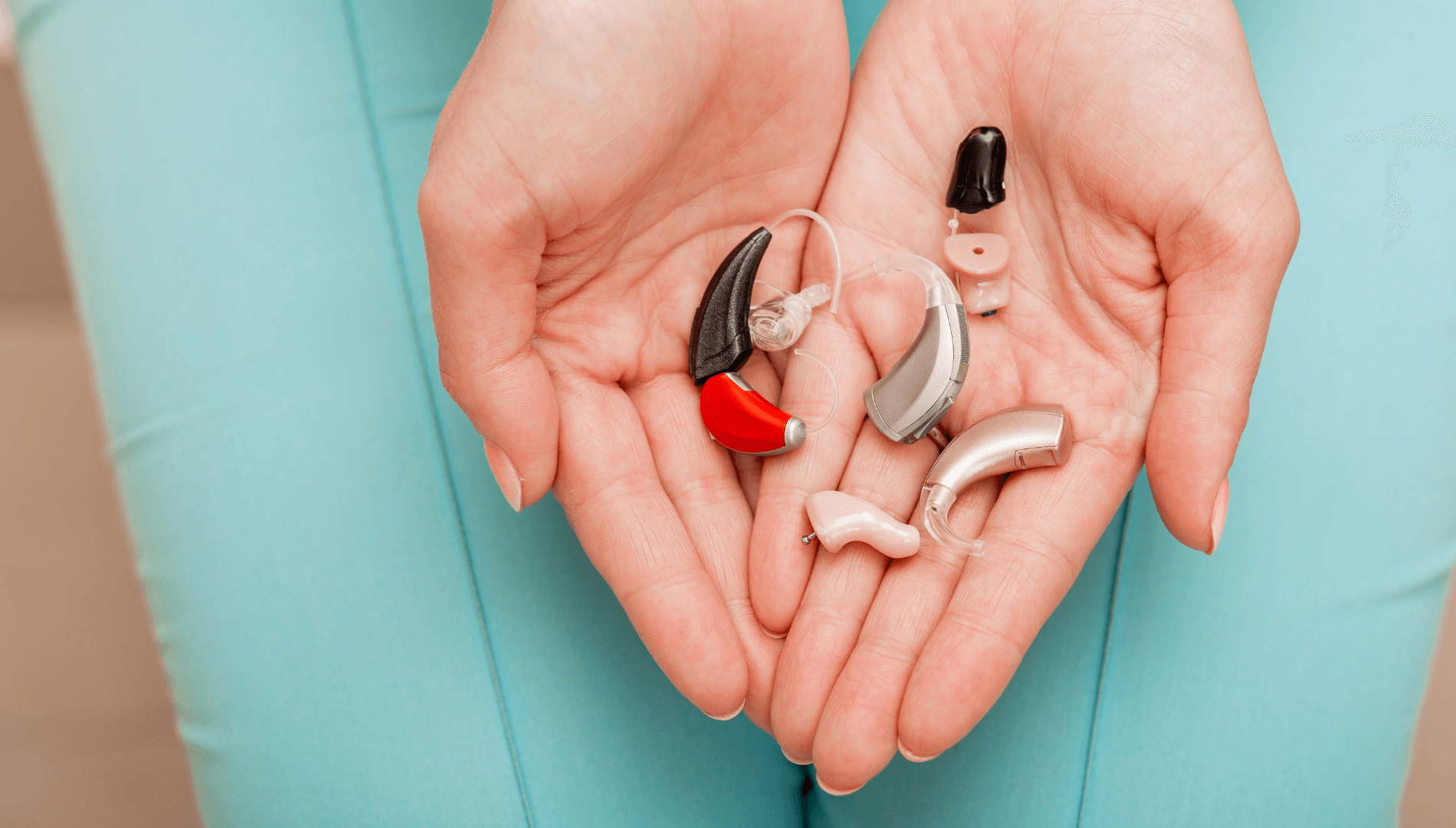We Moved! Visit us at
605 25 Rd, #100, Grand Junction, CO 81505
How Exercise Benefits Your Ear Health
Return to Blog

How Exercise Benefits Your Ear Health
Regular exercise benefits the heart, lungs, and muscles. However, it also provides significant advantages to ear health. Surprising as it might seem, staying active can play a critical role in maintaining good hearing and overall ear functionality.
Enhances Blood Flow to the Ears
One primary way exercise benefits ear health is by enhancing blood circulation. When the body engages in physical activities like jogging, swimming, or cycling, the heart pumps more efficiently, increasing blood flow. Improved circulation ensures that essential nutrients reach the ear structures, helping to maintain their functionality.
The inner ear, in particular, requires a steady supply of oxygen-rich blood to function correctly. Adequate blood flow supports the delicate hair cells within the cochlea, which are vital for translating sound vibrations into nerve signals. Healthy hair cells contribute to better hearing and can reduce the risk of hearing loss over time.
Reduces the Risk of Age-Related Hearing Loss
Age-related hearing loss, known as presbycusis, is common as people age. While it is primarily caused by getting older, several lifestyle factors can influence its severity and onset. Physical activity can help mitigate this risk.
Exercise promotes cardiovascular health and reduces the likelihood of developing conditions such as hypertension and diabetes, which are associated with hearing loss. Maintaining a healthy lifestyle decreases the chances of age-related hearing issues.
Alleviates Stress and Anxiety
Stress and anxiety can hurt one’s overall health, including ear health. High-stress levels can contribute to the development of tinnitus, a condition characterized by a persistent ringing or buzzing in the ears. Exercise is a natural stress reliever by releasing endorphins, the body’s feel-good hormones.
Physical activities like yoga, dancing, or brisk walking can also help reduce stress and anxiety. A calmer mind and body can lead to fewer occurrences of tinnitus and other stress-related ear conditions.
Improves Immune System Functions
A robust immune system is essential for preventing and fighting infections that can affect ear health. Exercise boosts the immune system by promoting healthy blood flow and encouraging the production of antibodies and white blood cells.
Regular physical activity can help prevent ear infections. A strengthened immune system is better equipped to ward off bacteria and viruses that cause infections, protecting the ears from any potential damage.
Conclusion
Although the connection between physical activity and ear health may not be immediately obvious, it is undeniably significant. Exercise enhances blood flow, reduces the risk of age-related hearing loss, alleviates stress, and boosts the immune system. By integrating regular physical activity into your daily life, you can support and preserve your ear health for years to come.


